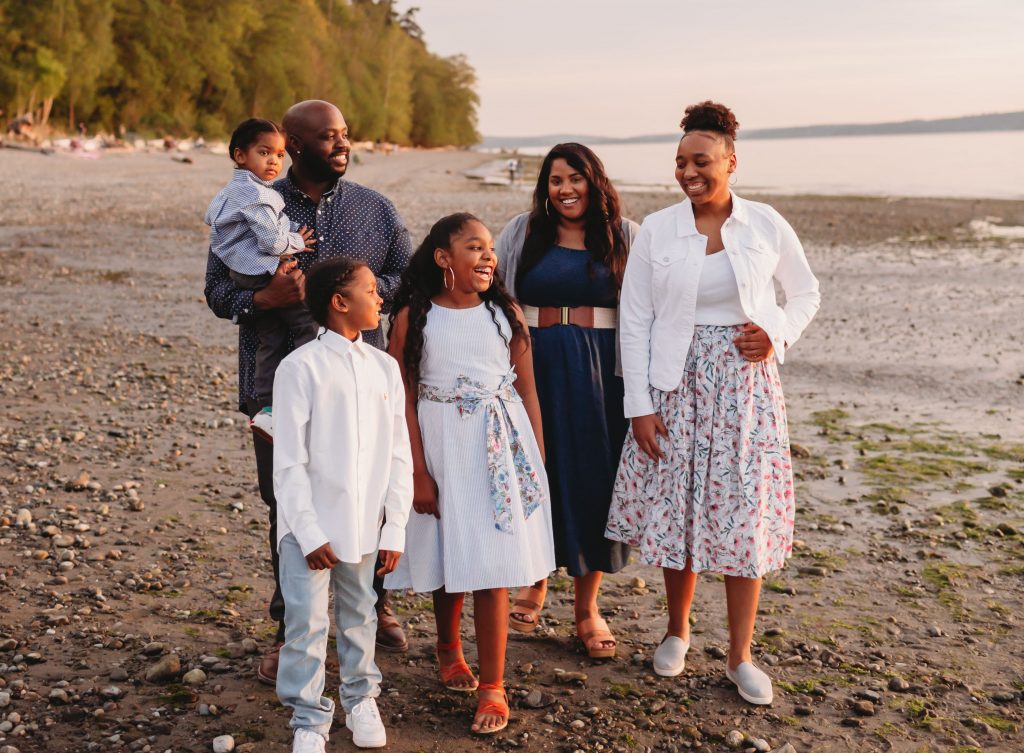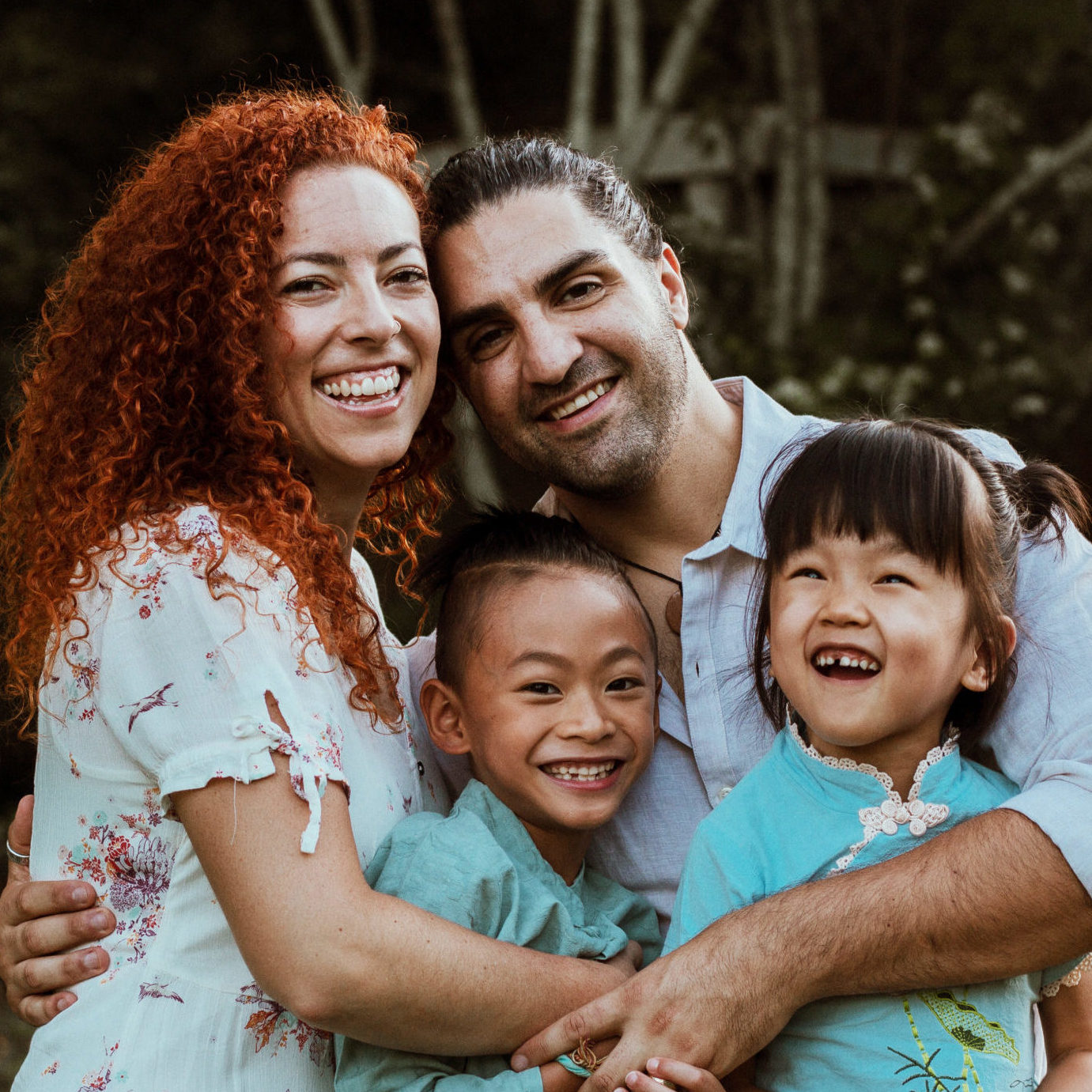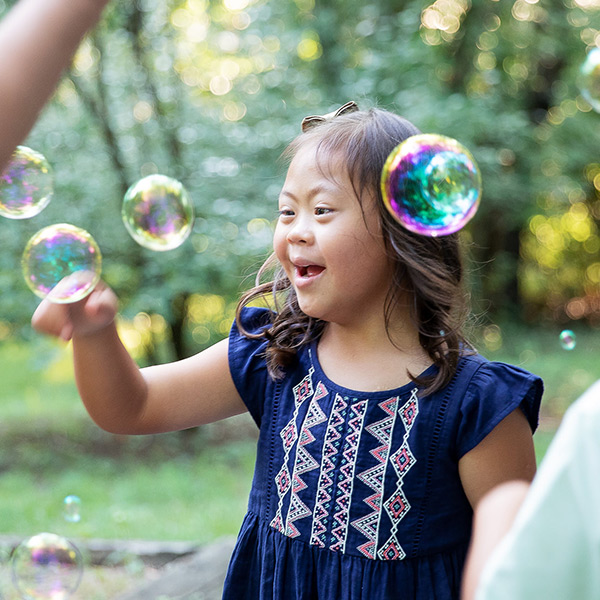What to Do While Waiting to Adopt

The adoption journey is one not to be taken lightly. From your early days of question-asking and information-gathering to the hours of paperwork and home study visits, endurance, strength, and most importantly, faith are musts. As Show Hope’s Co-founder Mary Beth Chapman often says, the adoption journey is “gloriously hard,” and for many, some of the hardest days are in the waiting—waiting to be matched with a child and waiting to travel to bring your child home. This is especially true since COVID-19 infiltrated our daily lives.
Pre-adoption support is integral to our work here at Show Hope, and we are committed to coming alongside you and your family every step of the adoption journey. While we do not have simple steps to follow as you cope with adoption waits, we do believe there is still much hope for the journey. That hope may not always be mixed with joy and gladness. In fact, you will likely experience sadness and sorrow, pain and grief—and that’s OK. We encourage you to explore those emotions; don’t hide them or pretend they are not present. In your waiting, though, we encourage you to explore some of the following ideas for navigating the hard, the anxiety, and the sorrow. And as you read, we would love to hear from you. Share with us ideas of your own that have been beneficial and helpful. You are not alone in this adoption journey, and you need support, guidance, and wisdom as you continue to press on.
Remember that God is, indeed, for you. As we read in the Book of Lamentations, “The steadfast love of the LORD never ceases; his mercies never come to an end; they are new every morning; great is your faithfulness” (3:22-23). We encourage you to meditate on, wrestle with, and pray through these words and other truths and promises found in scripture, passages like 2 Corinthians 4:18; Romans 12:12; Psalm 62:5-6; 1 Timothy 4:10; and Isaiah 40:31. Sitting alone with God in prayer, meditation, and study will not return void. It is there—in that stillness—where faith and hope are often renewed and strengthened.
Surround yourself with family and friends. Isolation is a slippery slope that can easily lead to hopelessness. So carve out space for family and friends to love on you and space where you can share love too. It could be something as simple as a weekly dinner with trusted friends or something more intimate like coffee with a mentor who can offer wise counsel. Yet more often than not, that mentor can be someone who will simply listen to and empathize with you.
Join (or form) a support group. As we pointed out earlier, you are not alone. Yes, your circumstances are unique to you, but there are other individuals, parents, and families who are also in the wait. Begin with your adoption agency. There, support groups may already exist, or you may be connected with other individuals, parents, or families who are interested in forming a group. And even if you live in different cities, states, regions, or countries, one good thing COVID-19 has taught us is how to connect virtually.
Prepare yourself and your community. Children impacted by adoption (or foster care) have often experienced early attachment injuries related to loss, abuse, trauma, and/or neglect. Yet there is hope and help in the form of practical teaching and resources to better equip parents (and caregivers). Show Hope’s annual Hope for the Journey Conference would be a great place to start. Or begin with reading “The Connected Child” by Dr. Karyn Purvis, Dr. David Cross, and Wendy Lyons Sunshine. From there, study with a small group “Created to Connect,” a supplemental guide that explores “The Connected Child” from a Christian perspective. And finally, as you prepare, invite friends and family to join you, so your circle of support will better understand what to expect and how they can journey well with you. (For more pre-adoption resources, explore Show Hope’s Pre+Post Adoption Support work.)
In this process, it is also crucial for self-introspection and exploration. As a wise saying goes, “You can’t take someone somewhere you haven’t gone yourself.” Think about your childhood and now—what gives you a sense of belonging, felt safety, and trust? What triggers anger, fear, and insecurity in you? How do you respond in those moments? What hinders you from connection in your relationships? It is important for you to be as holistically healthy as you can when welcoming home your child.
Practice gratitude. At the end of each day, before your head hits the pillow, record at least three things for which you are grateful in a journal. Spend time meditating on each one, and ask God to remind you of his love, grace, and the hope found only in him. This could be an excellent routine for you and your spouse, your family as a whole, or trusted friends to do together. Positive experiences and the reminders of those help contribute to the health of our brains and overall well-being.
Come up for air. It is crucial that your day-to-day life continues. Hear us say, it is OK to live your life and have fun while you wait. You need your hobbies, date nights, weekend getaways, vacations, and so forth. Make memories, and don’t allow guilt to get the best of you. At first, you may question yourself and experience guilt, but it is necessary. It will be beneficial to your well-being and your relationships.





